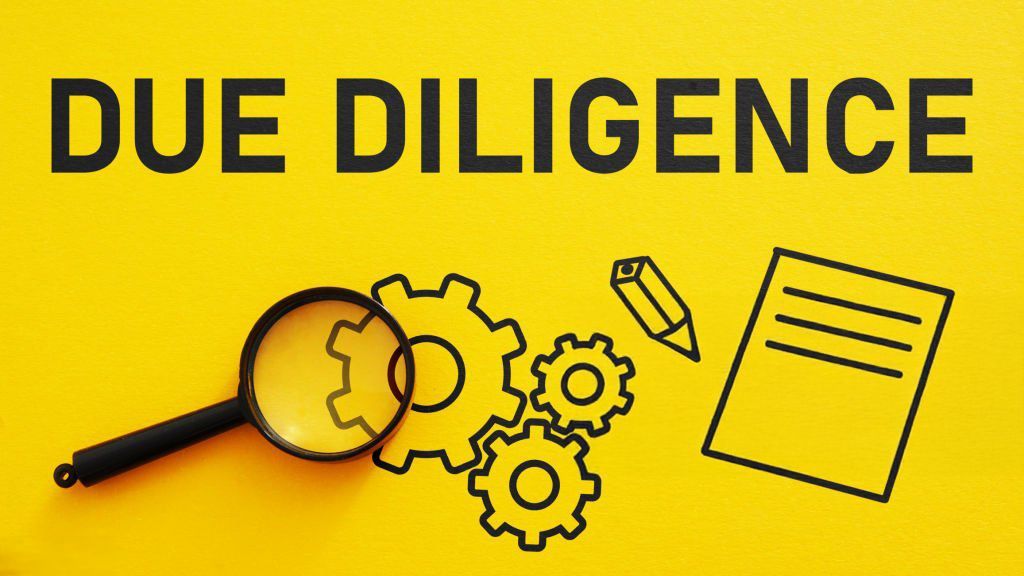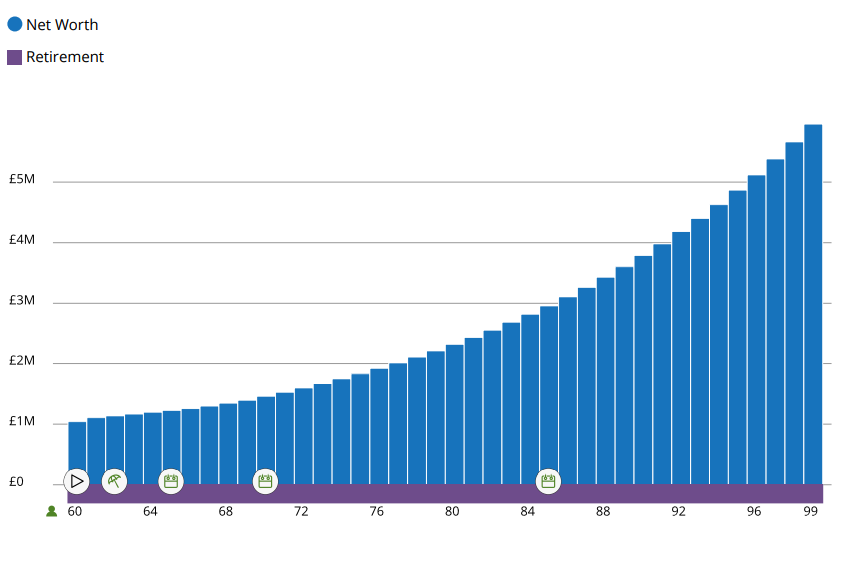Platform Due Diligence: Is It Really That Important?
The answer to that question is, unequivocally, yes!

I had a chat recently with a financial planner friend about his firm’s centralised investment proposition. He mentioned that their chosen platform — one they’d used for years — was, in his words, “going down the pan,” and that they needed to find an alternative. The problem? They didn’t know where to start.
I asked when they last carried out any formal platform due diligence.
His answer? “Honestly… probably over a decade ago.”
The reality?
It might sound obvious, but platform due diligence really is a vital exercise. Not just from a compliance perspective, but because it forces firms to step back and assess whether the solutions they’re recommending still stand up in a fast-changing market.
When done properly, it allows firms to sample the broader platform landscape and compare their current client offering to what’s now available. It can highlight inefficiencies, expose functionality gaps, and in some cases, uncover client detriment that’s been quietly building over time.
The rules?
The FCA has been clear on this. In FG12/16 (The Responsibilities of Providers and Distributors for the Fair Treatment of Customers), and later through the PROD rules, they expect advisers to be able to demonstrate that the platforms and products they recommend form part of a structured, client centric process — not just habit or legacy use.
In practical terms, that means advisers need to:
- Be able to show how the selected platform is consistent with the client’s needs and objectives.
- Understand and document the core features, charges, and service levels of that platform.
- Compare it meaningfully against alternatives available in the market, not just on price but on functionality.
- Keep this assessment under review, particularly where a platform is being used as part of a centralised investment or retirement proposition.
This isn’t about ticking boxes. If you’re still using the same platform you selected a decade ago, there’s a very good chance your proposition is no longer competitive — or worse, suitable.
What should platform due diligence cover?
Robust due diligence goes well beyond comparing fees. It’s about asking whether the platform genuinely supports how you give advice — structurally, functionally, and operationally.
Start with core functionality. Can the platform support the wrappers your clients need? Does it allow for flexible drawdown strategies, phased crystallisation, beneficiary drawdown etc? What about rebalancing tools, trust registration, and integration with your planning or back-office systems?
Then, look at cost structure. Is the pricing tiered or fixed? Are wrapper and dealing charges transparent and competitive? If you’re running a DFM model, what does total cost of ownership look like for the client — not just on paper, but in practice?
Service and stability matter too. What’s the platform’s reputation for administration and responsiveness? Are valuations, income summaries and CGT reports easy to produce and accurate? Has ownership changed hands recently, and if so, has service suffered?
Finally, consider investment access. Does the platform support your centralised investment proposition properly? Is there genuine whole-of-market access, or are you being steered towards in-house solutions with limited flexibility? Can you implement off-platform or bespoke DFM models if needed?
Your platform needs to reflect how you deliver advice. Anything less introduces unnecessary risk — for your firm and your clients.
What can go wrong without proper due diligence?
We’ve seen countless examples where weak or outdated due diligence led to avoidable, and sometimes costly, outcomes.
In the case of my friend’s firm, a closer look revealed their chosen platform was costing clients materially more than comparable alternatives. And whilst it did offer access to the core tax wrappers, the administration had become so poor it received just one star in the FT Adviser Service Awards 2024. Hardly a strong endorsement.
Elsewhere, we’ve seen a firm recommend a phased drawdown strategy to a client only to find their platform couldn’t accommodate such flexibility, resulting in convoluted workarounds and ultimately a load more work.
One adviser discovered that their preferred DFM had been removed from their platform’s panel without notice. This necessitated a complete rethink of the recommended actions, further discussions with the clients, and a new suitability report — all because their centrally selected platform hadn’t been reviewed in years.
These issues aren’t theoretical. They happen, and they all stem from assuming the platform still fits the brief, without ever going back to check.
How ParaPlan Pro can help?
Platform due diligence isn’t just a regulatory requirement. Done properly, it’s a practical tool for improving client outcomes — and something we’ve got real expertise in.
We take a methodical approach, using a series of structured filters to narrow down the market and identify the most suitable platforms for your firm and your clients.
We start with the whole of market and apply minimum standards around financial strength, tax wrapper availability, investment access, and compatibility with your investment process. This allows us to remove any platforms that can’t support your advice model.
From there, we focus on cost and service — comparing real world pricing across typical client portfolios and reviewing independent service ratings to ensure the selected platforms offer not just value, but ongoing reliability.
It’s a clear, defensible process that gives firms confidence in their platform selection and ensures their advice process remains robust, efficient, and client focused.
Whether you're reviewing your centralised proposition, benchmarking a legacy platform, or simply unsure whether your current selection still meets client needs — we can help bring clarity to the process.









